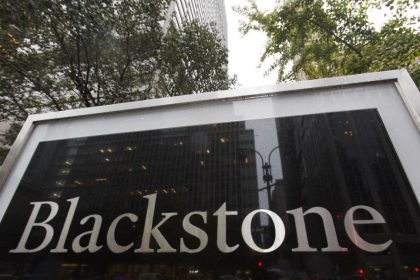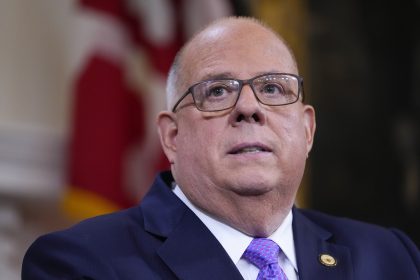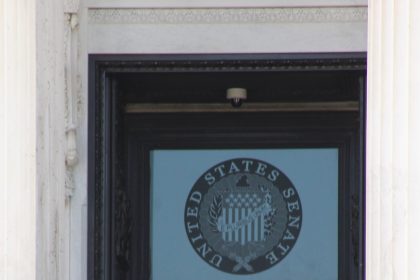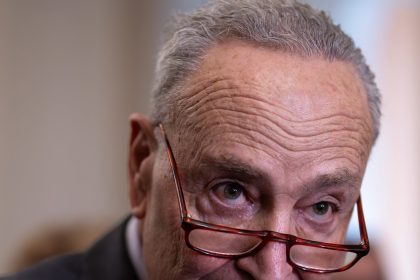Senate Tries to Crack Down on Online Counterfeit Sellers
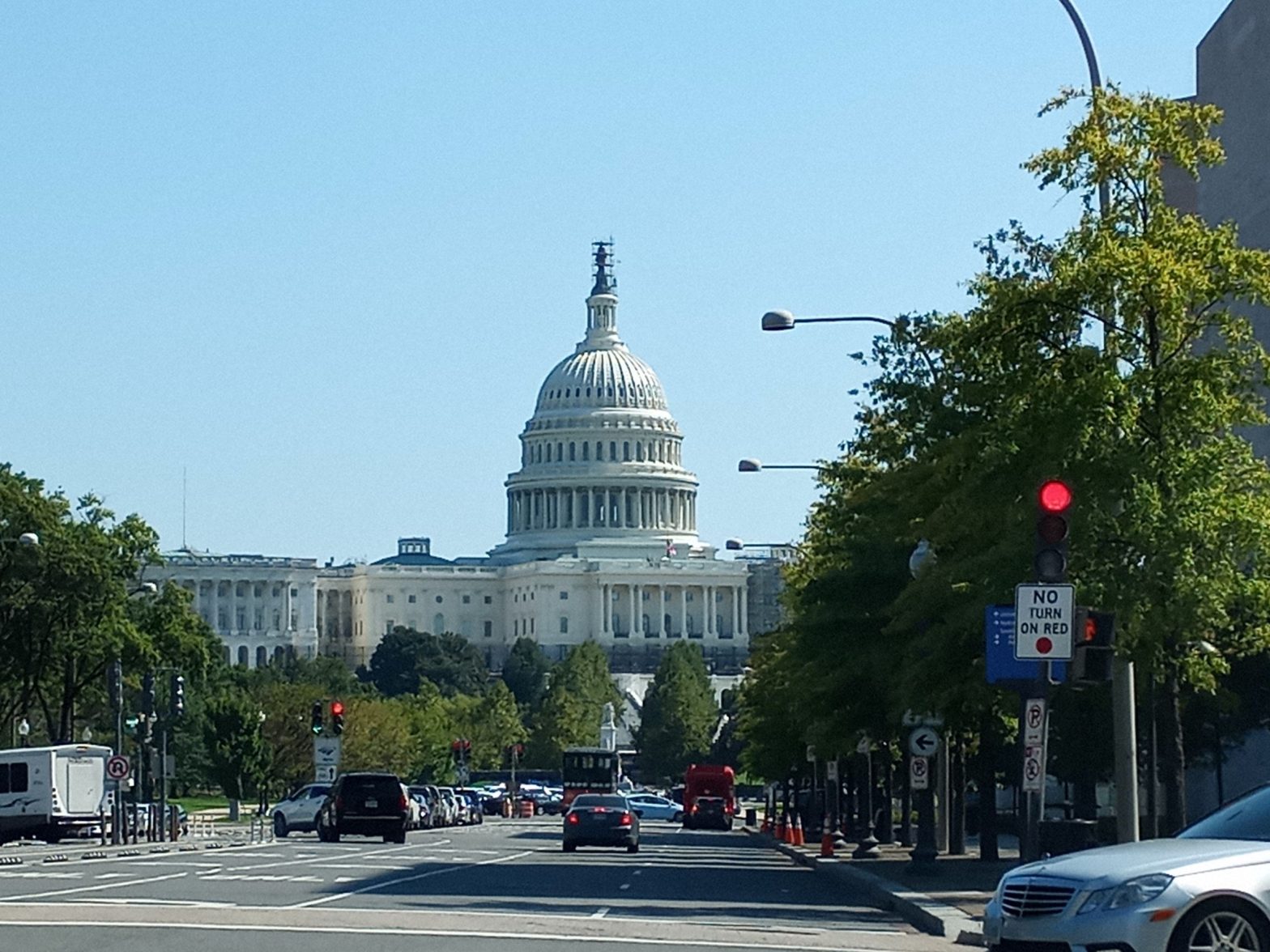
WASHINGTON — The U.S. Senate is considering a bill that would force some of the same liabilities faced by brick-and-mortar retailers onto online platforms.
The problem is counterfeits.
Online retail platforms like eBay and Ali Baba might sell products with respectable brand names but unknowingly could be selling counterfeits that are substandard or even dangerous, according to expert witnesses at a Senate hearing Tuesday.
Any neighborhood retail store that sells counterfeits could be sued for negligence or fraud by consumers. Online platforms face liability only in very rare circumstances when they know a product they sell is counterfeit.
Counterfeits started as toys or clothing falsely marked with famous brands. In recent years, they have expanded to drugs, lithium batteries and aircraft parts, all of which could be dangerous to consumers.
“Counterfeiters unfortunately moved online just like American consumers,” said Sen. Chris Coons, D-Del., chairman of the Senate Judiciary Subcommittee on Intellectual Property.
He estimated counterfeiting as a $2 trillion industry. Some of the revenue funds overseas gangs and child labor, he said.
A Senate bill introduced last week called the Shop Safe Act would extend strict liability onto online platforms. It means they could be sued for counterfeits even if they did know they were selling fake knockoffs from disreputable vendors.
Coons said the bill would “incentivize” online platforms to develop more robust methods of blocking counterfeiters. In the past year, two-thirds of American households have purchased at least one counterfeit product, he said.
Republicans, such as Sen. Tom Tillis, R-N.C., said a legislative crackdown runs risks of forcing unreasonable costs and liabilities onto online platforms. Too much regulation could hurt their ability to operate, perhaps stifling the innovation that gave American internet companies their leading role in international markets, according to the Republicans.
“Anytime you get into something like this, you don’t want to overreach,” Tillis said.
Industry experts emphasized the enormity of the problem lawmakers face with any new legislation.
Daniel Shapiro, a vice president for the fraud prevention company Red Points, said his company helps clients take down more than 300,000 impostors selling online each month. The rate has grown by more than 100% in the past year, he said.
“They can target any brand regardless of its size,” Shapiro said.
The evolving tactics used by counterfeiters means finding and shutting them down is increasingly difficult, he said.
“The ability of brands to monitor that on their own? Impossible,” he said.
He suggested developing new technologies and encouraging businesses to incorporate brand protection into their business models.
Stephen Lamar, president of the American Apparel & Footwear Association, said about one-third of the counterfeit clothing his organization tested contained harmful substances, like arsenic and lead.
“To say that counterfeits kill is not an exaggeration,” Lamar said.
Matthew Schruers, president of the Computer & Communications Industry Association, said the Shop Safe Act would create unrealistic legal burdens for online platforms.
He recommended monitoring the effectiveness of new existing laws to stop counterfeiting before jumping into new legislation he characterized as “an unbalanced proposal” that will not solve the problem.
“It flips on its head standard notions of liability,” Schruers said.
His preferred legislation is the INFORM Consumers Act approved by Congress in June. It requires online marketplaces to protect consumers from counterfeit, unsafe and stolen goods by verifying the identity of high-volume third-party sellers on their platforms and by making it easier for consumers to report suspicious conduct.
At the same time, he acknowledged a final solution will be elusive.
“I think this problem will never be solved,” Schruers said.
You can reach us at [email protected] and follow us on Facebook and Twitter




















